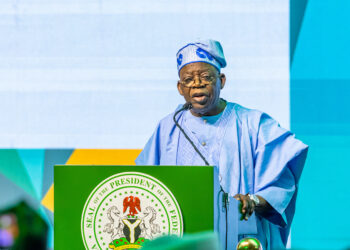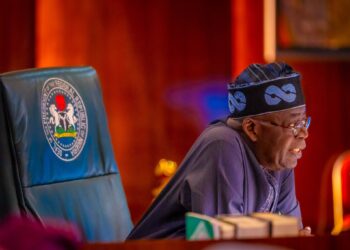President Bola Tinubu has proposed public and private financing for Nigerian universities, urging corporate entities, communities, and individuals to contribute to universities across the country.
He stated this during the grand finale of the 37th and 38th convocation ceremonies of the University of Ilorin (UNILORIN) and the inauguration of capital projects.
He reiterated that in many countries, public universities receive government funding but also supplement their income through private financing. According to him, he believes this would provide the much-needed resources to enhance the quality of university education in the country.
What he said
Represented by the Minister of State, Education, Dr Yusuf Tanko Sununu, Tinubu said,
- “It was in realization of this that the federal government signed into law the students’ loan which will positively change the landscape of education in Nigeria.
- “Our government will continue to champion the cause of impactful education as well as ensuring that both lecturers and students are provided the best facilities to enhance their capabilities.”.
- “While the short-term gains are expected with attendant pains, please look forward to the potential long-term benefits.
- “The removal of subsidies can pave the way for investments in alternative energy sources, infrastructure and public services that will contribute to a stronger and prosperous Nigeria”.
Tinubu noted further that,
- “During this transition, let us remain united as a nation, supporting one another and working collectively towards finding solutions.
- It is a challenging journey, but by embracing innovation and conserving energy, we can navigate through these difficulties and emerge stronger as a nation.
- “Remember, change often comes with its share of hardships, but it is through resilience and cooperation that we can shape a better future for ourselves and generations to come.”
Previously, Prof. Wahab Egbewole, the Vice Chancellor of UNILORIN, expressed appreciation for the president’s dedication to improving higher education.
He also acknowledged the recent support from the president and expressed optimism that any remaining issues would be resolved.
This, he believes, will not only enhance commitment and productivity within the system but also contribute to the broader repositioning agenda.



















